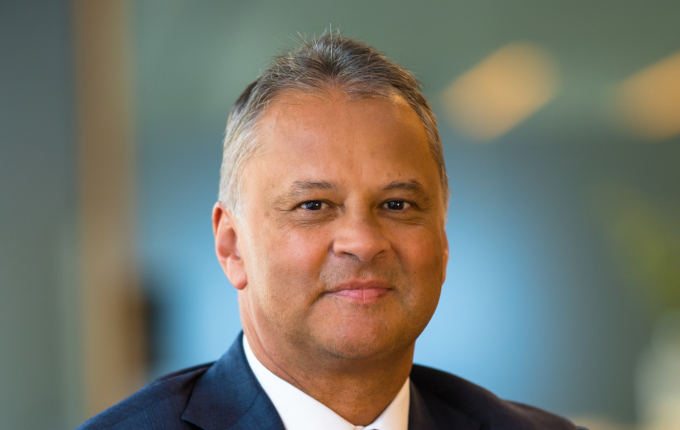UniSuper is on track to increase its allocation to unlisted assets by about 5 per cent due to a healthy pipeline of deals and the merger with Australian Catholic Super, John Pearce tells [i3] Insights.
Register to Access this Exclusive [i3] Insights Article
Create a free account to access exclusive interviews with asset owners, revealing insights on investment strategies, market trends, and portfolio allocations.
If you already have an account you can Login .
If you have any issues registering an account please send us an email at [email protected].


